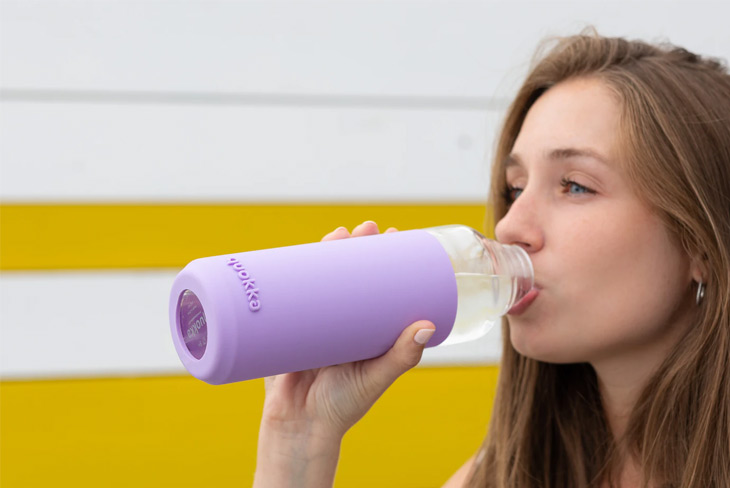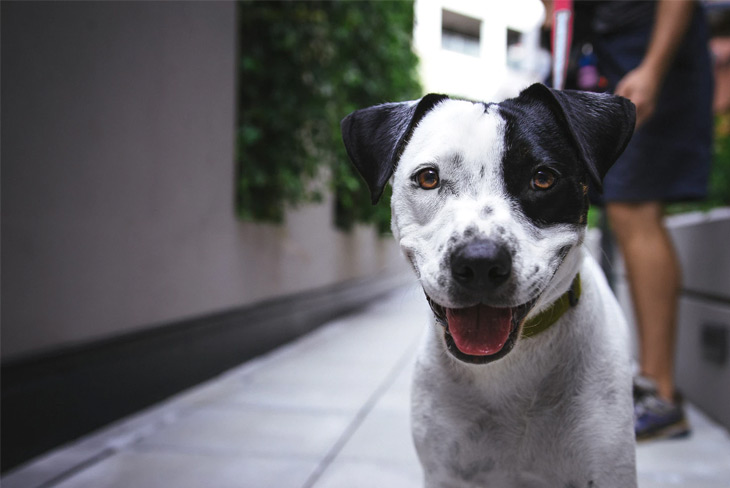Panda7’s summer guide for beating the heat

When going outside feels like stepping into an oven, you can feel a little weighed down. It can be difficult to be productive, active, or simply energetic when the world outside (and possibly even inside) is so hot! Don’t sweat it – here’s Panda7’s summer guide for beating the heat.
Don’t have AC? Here are some ideas for cooling off your apartment, condo, or house.
Air conditioning is a blessing, but not all of us have the luxury. Unfortunately, if you live in an apartment or in a condo it can be difficult to find ways to cool off appropriately; still, there are ways you can handle the heat without melting into pudding. If the air outside is cooler and drier than the air inside, you can wet a towel or a sheet and hang it in an open window or door. Close any blinds or curtains you have so that you can reduce any additive heat coming into your home – essentially blocking the sun by any means
If you enjoy the breeze that comes from a fan, be careful not to blow hot air around! You can make a “makeshift” air conditioner by placing a bowl of ice and water in front of a fan. This ice will eventually melt, evaporating into the air enough to cool you off.
Keep an eye on your pets.
Dogs and cats don’t sweat the same way we do. When it comes to keeping cool, dogs will pant and sweat through their paw pads (they lose heat through their paws) and cats will groom themselves. Both cats and dogs need plenty of access to fresh water during these times in order to keep themselves cool. Certain breeds of dogs and cats may have even worse of a time in the heat, depending on their coat and face shape. Whatever you do, do not shave your animals – as many breeds of cats and dogs will actually regulate their temperature better with their full coat intact.
Avoid walking your dogs in the middle of the day when it’s hottest. Instead, exercise them in the mornings and evenings and try to keep them in the shade as best you can. Try enrichment games for your pets as opposed to strenuous exercise in the sun, teach them a new trick, or give them puzzle toys.
Drink plenty of water
When it gets hot, you tend to perspire more, especially if you go outside a lot or exercise in the outdoors. A great way to combat this is to consciously drink more water, avoiding alcohol and caffeine as much as possible as these can be dehydrating. If you don’t like to drink a lot of water, eat it instead! Fruits and vegetables like cucumbers and watermelon contain a lot of water.
It isn’t a bad idea to eat lighter, either. Sometimes, heavier meals can make us feel much more sluggish, which can then contribute to a lack of motivation. Choose salads, fruits, vegetables, or energy bars to replenish your energy so that you can get in adequate nutrition without having to reach for food items that will contribute to the feeling of being “drained.”
For elderly friends, relatives, and neighbours…

Older adults are more at risk for heat-related conditions, such as heat exhaustion or heat stroke. You can help hem to protect themselves against these ailments by ensuring they either have adequate air conditioning or some others mean to ventilate their home. If they do not and are possibly at risk of illness, be sure to take them to a location where they have access to these systems as heat emergencies – such as heat waves – can prove extremely dangerous to at-risk individuals.
Watch out for these signs of heat stroke, for both yourself and those around you who may be especially at-risk:
- Nausea
- Headache
- High body temperature
- Red skin
- Dry skin
- Dizziness
For heat exhaustion, keep on the lookout for these symptoms:
- Excessive sweating
- Headache
- Nausea/vomiting
- Paleness
- Cramping
- Fainting
- Fast and weak pulse
- Fast and shallow breathing
If you or someone near you is showing signs of heat distress, it can be life-threatening! Be sure to call for medical assistance or have someone do it for you while you begin the following procedures for the affected person:
- Get the person to a shaded area or indoors with AC
- Cool them with water, fan them, wrap them in a cool towel, put them in a shower, etc.
- Monitor their body temperature until it drops to around 101F
- Get them to an emergency service or hospital emergency as quickly as possible; if they need to drink something, avoid anything with alcohol as dehydrating them further can exacerbate their condition.
Heat stress can be just as deadly as cold exposure, if not more because we do not think about it as seriously! For at-risk categories, the best way to beat the heat is to stay in cool, air-conditioned or ventilated indoor spaces until the heat wave has passed and limiting exposure to direct sunlight during the hottest times of day.
Enjoy the summer! Before too long, it will begin to get cold again!

